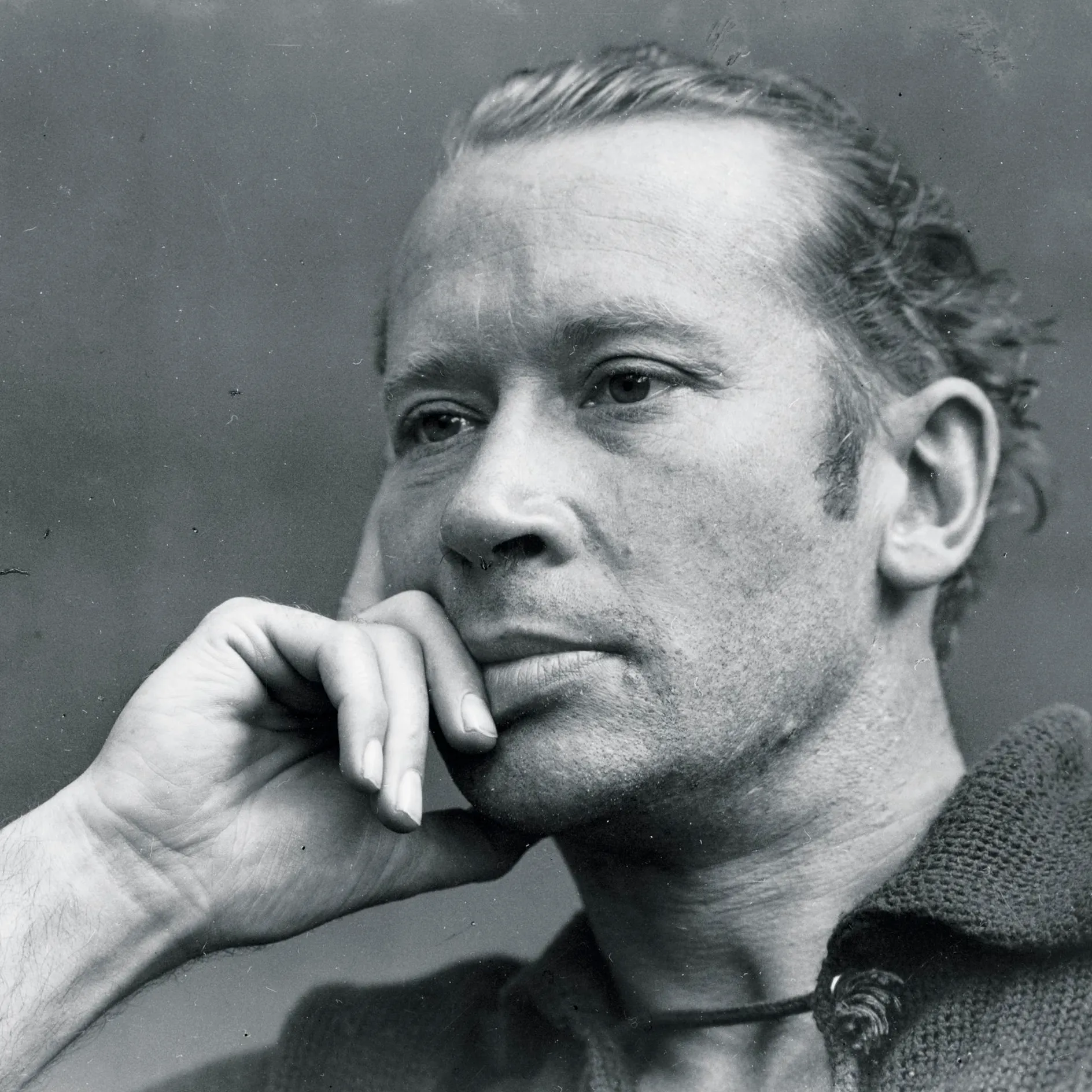anyone lived in a pretty how town
(with up so floating many bells down)
spring summer autumn winter
he sang his didn't he danced his did.
Women and men(both little and small)
cared for anyone not at all
they sowed their isn't they reaped their same
sun moon stars rain
children guessed(but only a few
and down they forgot as up they grew
autumn winter spring summer)
that noone loved him more by more
when by now and tree by leaf
she laughed his joy she cried his grief
bird by snow and stir by still
anyone's any was all to her
someones married their everyones
laughed their cryings and did their dance
(sleep wake hope and then)they
said their nevers they slept their dream
stars rain sun moon
(and only the snow can begin to explain
how children are apt to forget to remember
with up so floating many bells down)
one day anyone died i guess
(and noone stooped to kiss his face)
busy folk buried them side by side
little by little and was by was
all by all and deep by deep
and more by more they dream their sleep
noone and anyone earth by april
wish by spirit and if by yes.
Women and men(both dong and ding)
summer autumn winter spring
reaped their sowing and went their came
sun moon stars rain
Published:
1926
Length:
Regular
Literary Movements:
Modernism
Anthology Years:
2023
Themes:
Joy & Praise
Literary Devices:
Anthimeria
the replacement of one part of speech for another, often referred to as a “functional shift.”
End Rhyme
when a poem has lines ending with words that sound the same
Slant Rhyme
A rhyme where the words have similar sounds in their stressed syllables.
Varied Punctuation
diverse use of punctuation.
Varied syntax
diverse sentence structure

